Most Common Issues Found During a Home Inspection
 Written by Matthew Haughery of Precise Inspecting
Written by Matthew Haughery of Precise Inspecting
Finding a home has a wide range of decision points and considerations. Function, location, aesthetics, price and a host of other details factor into the purchase. Finding a home takes a lot of work that compounds as details about negotiating, financing, insurance and the potential investment choice become a real consideration.
A prudent home buyer will pause between the offer and the sale to answer the question, “what defects does this potential home have that I need to know about”?
A home inspection can answer that question. There are 3 common defects we see that can have a significant impact on your wallet. Let’s discuss them and end with an inspection we recommend that is not part of a standard home inspection.
I. NOT COMMON:
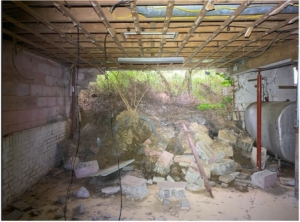
Structural collapse of foundation wall (actual inspection 2023)
“Is the home going to fall down?” This is big scary question but NOT a common defect. Years of neglect can cause foundation walls to implode into the basement as the result of simple maintenance items like clogged gutters or negative grading which causes water to pool against the foundation. A good home inspection report will include maintenance details that will help prevent the bigger defects from occurring. Pay attention to them. A home inspection is like a health check up that gives insights into smaller issues that can become bigger problems.
II. COMMON FINDINGS:
Following are the most common issues that are not catastrophic, but can be expensive. These expenses can catch a buyer off guard if they un-knowingly wave the home inspection.
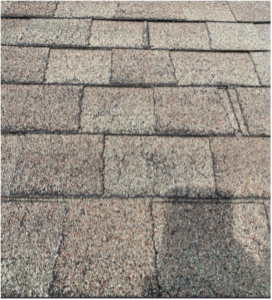
Shingles wearing out
- ROOF
- Roof shingles have a typical lifespan of 20-30 years. Although a home inspector may not know when the roof was installed they will identify the type of shingle and average lifespan. Granule wear is the first sign that a shingle is aging and in need of evaluation by a qualified roofer. Typical costs to replace an average asphalt shingle roof can run between $10,000-15,000.
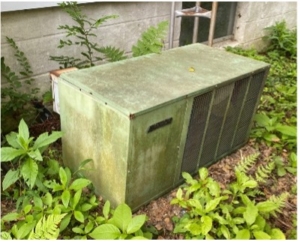
Air conditioning unit needs to be replaced
- HVAC
- Heating and Air conditioning systems have an average lifespan of 15-20 years. It is very common to find systems that are working but “nearing the end of useful life”. HVAC replacement costs can average $5,000-10,000 (for a single system).
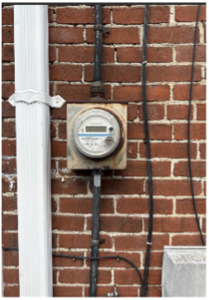
Electric Meter
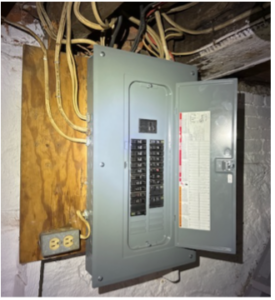
Electric Panel
- ELECTRICAL SERVICE
- Electrical service, meter and panels can last last over 50 years. However, electrical overload, UV exposure and corrosion can require that equipment be replaced. Electrical services must be kept in good condition to protect against fire, shock or electrocution. Service and panel replacement costs can range from $2,000-5,000.
III. ADDITIONAL INSPECTIONS WE RECOMMEND:
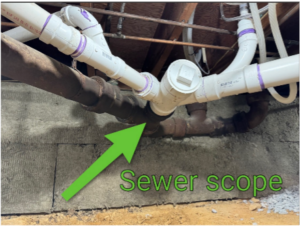
- SEWER LINE SCOPING
- The plumbing sewer line is inspected visually inside the home. The portion of sewer line that extends from the home to the main sewer line (or septic system) can only be inspected with a sewer scoping camera. This is a specialty inspection that must be requested in addition to the general home inspection. The home inspector will recommend this ancillary inspection be performed. The interior condition of the sewer line should be known before purchasing a home. Sewer line repairs can easily cost $15,000-30,000.
In conclusion, the value of verifying the condition of the Roof, HVAC, Electric Service and Sewer line is critical. Even if these systems score perfectly, a qualified professional should evaluate them at recommended intervals to keep them in good working order. Your home and your wallet will thank you.
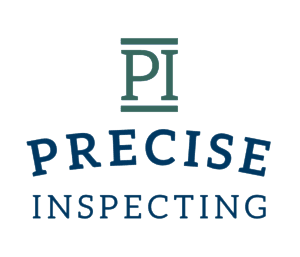
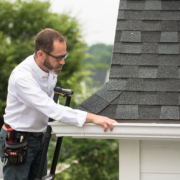
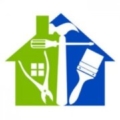


Leave a Reply
Want to join the discussion?Feel free to contribute!